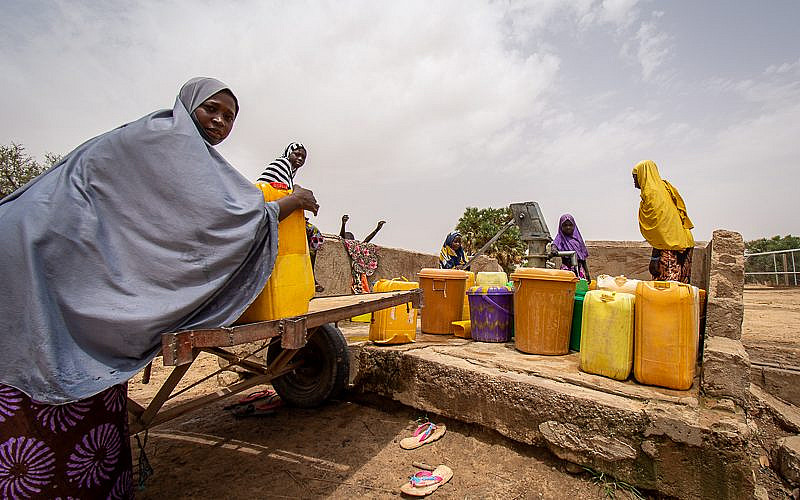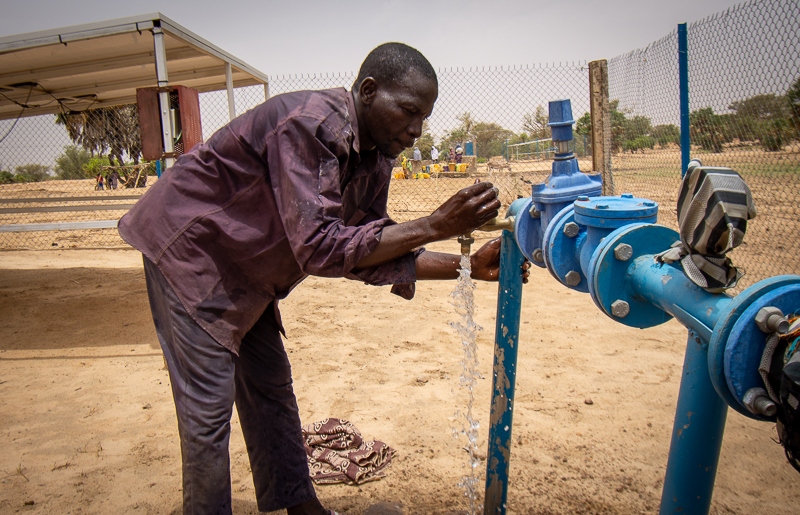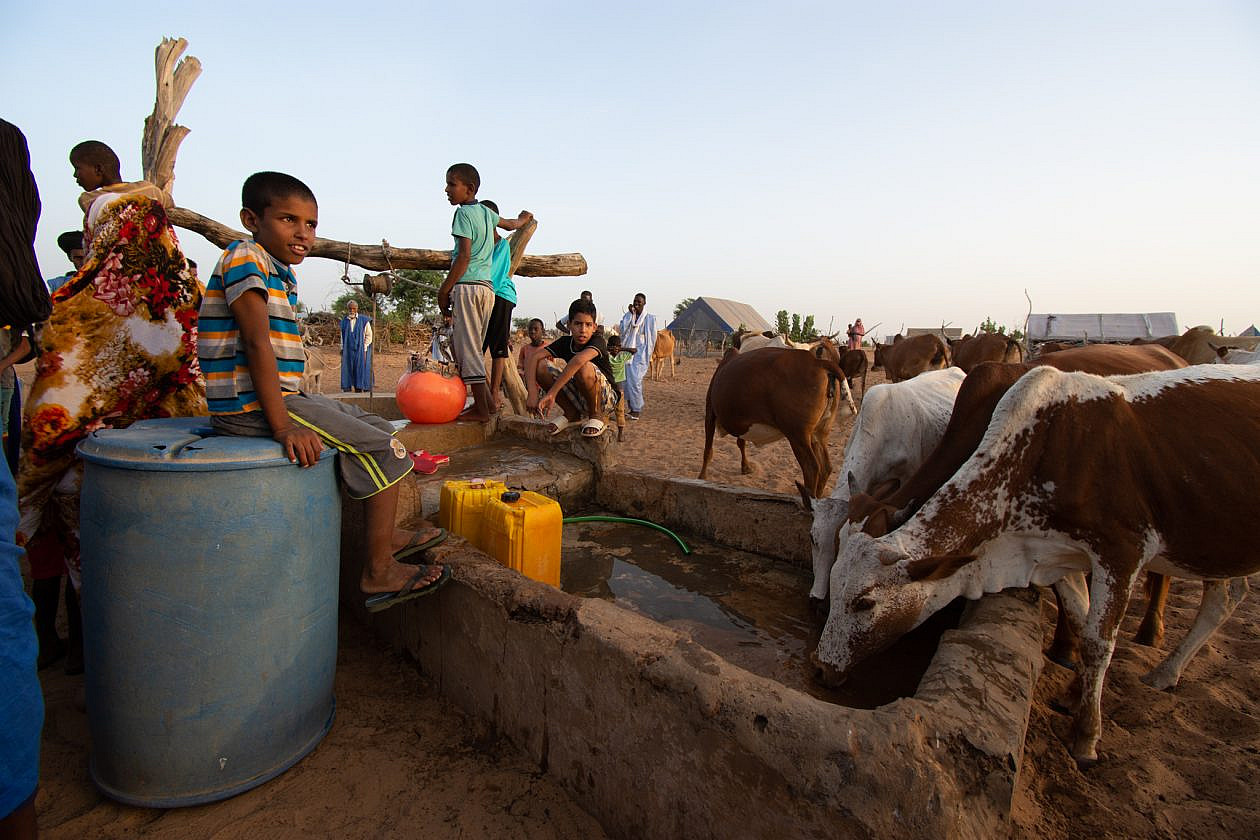Access to Water and Sanitation in the Sahel: A Crucial Issue Requiring Increased Investment
In the Sahel, access to drinking water and sanitation for all are essential if we are to achieve decent living conditions.

At the end of 2022, according to data from the joint monitoring programme nearly 38 million people living in Burkina Faso, Mali, Mauritania, Niger and Chad did not have access to drinking water while 68 million people did not have access to basic sanitation.
However, the 5 countries in the region have been stepping up their efforts since 2017: 14 million people have benefited from improved access to drinking water and 8 million from improved access to sanitation.
Based on the results indicators reported for the sector by the members of the Sahel Alliance, their funding has made a significant contribution to this increase (8 million people for access to drinking water and 3.2 million people for sanitation).


Investment Remains Inadequate
While the investments supported by the members of the Sahel Alliance are significant, they are still far from sufficient to achieve the national and SDG 6 targets set for 2030. To this end, the Sahel Alliance’s Water and Sanitation Sector Working Group has issued a number of recommendations to invite members to:
- Double funding in the water sector and quadruple funding in the sanitation sector,
- Support the necessary sectoral reforms, in particular through a mutualised approach at the regional level
- Harmonise the monitoring and evaluation framework by supporting national mechanisms for monitoring progress in the sector.
These recommendations are echoed in the terms of the action plan of the joint declaration signed by ministers from Sahelian countries and their development partners.
This declaration covers the water, sanitation and hygiene commitments made at the Water Decade conference in New York in March 2023.
A priority sector for the Sahel Alliance
In a fragile and constantly changing Sahelian context, the Sahel Alliance has decided, for greater effectiveness and impact, to focus its action on 3 strategic priorities:
- the creation of employment and income opportunities through education, training and capacity building;
- resilience to shocks by strengthening agricultural and food systems and adaptive social protection systems;
- access to basic services, such as water and sanitation, via a territorial approach.
The Sahel Alliance is working towards implementing these 3 priorities by promoting joint initiatives aligned with the priorities of partner countries, supported by several members, and capable of providing transformational responses, adapted to the challenges of the region and demonstrating strong added value in terms of aid effectiveness.
Go further

